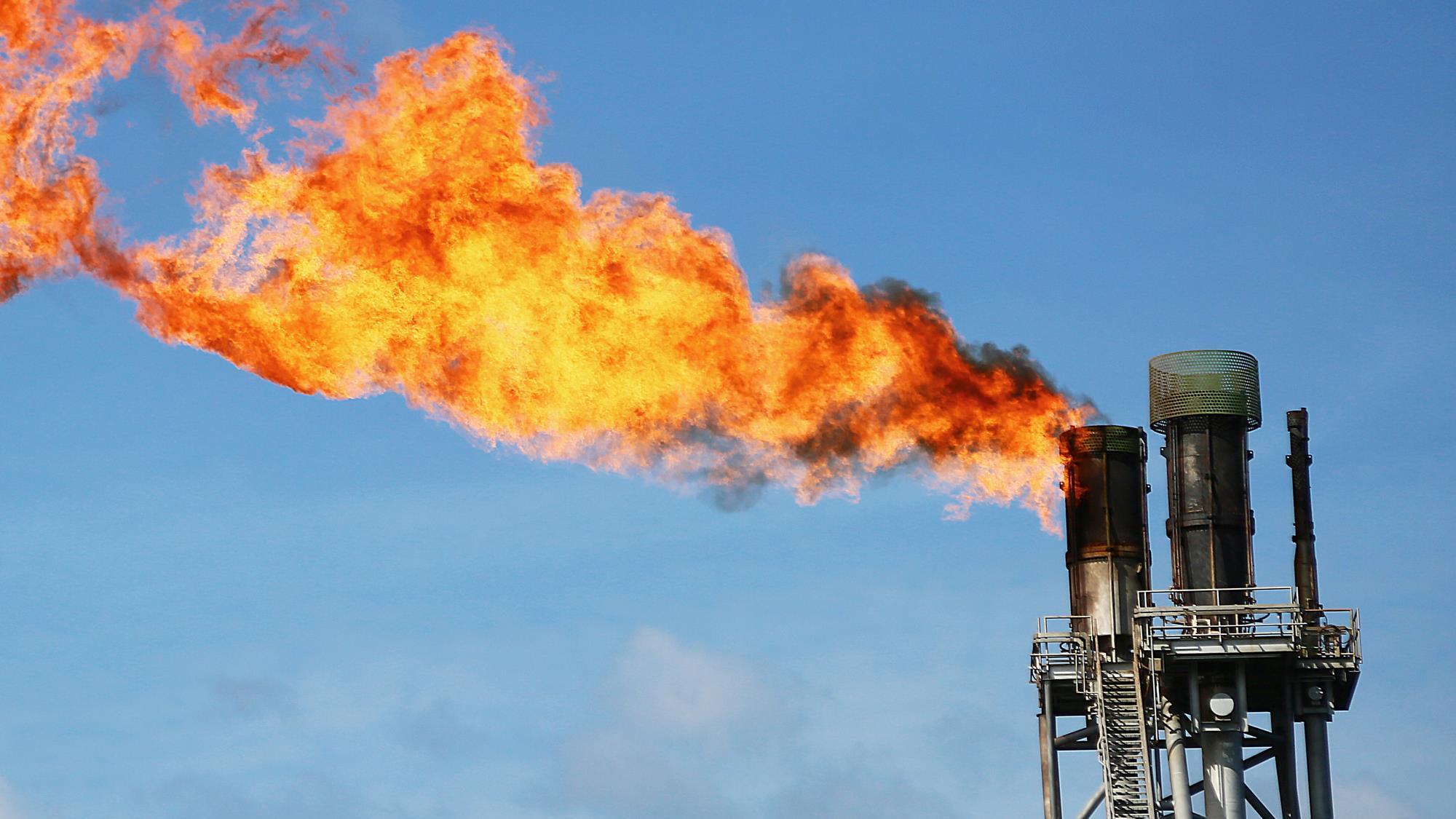Iraq’s prime minister had directed his government to seek alternatives to Iranian gas imports, pointing to countries such as Qatar and Turkmenistan as alternatives.
The establishment of a collaborative committee to explore the potential importation of gas from Qatar and Turkmenistan is underway, the Iraqi Ministry of Electricity announced on Tuesday.
Iraq’s Minister of Electricity Ziyad Ali Fadel said the government has taken decisive actions and formed a committee composed of officials from the Ministry of Oil, led by the Undersecretary of the Ministry of Electricity for Production Affairs, and advisors from the Ministry of Electricity.
A delegation from this committee will travel to Turkmenistan for discussions aimed at establishing potential gas import agreements, Fadel detailed. Another such delegation will visit Qatar to explore the possibility of obtaining liquefied gas for Iraq through one of its ports.
Their objective is to negotiate gas agreements with Qatar and Turkmenistan, he told the Iraqi News Agency.
The gas imports are used to fuel power plants located in central and southern Iraq, generating approximately 7,000 megawatts daily.
Last month, the official revealed that the drop in electricity supply was due to the suspension of gas imports from Iran, leading to a loss of 6,000 megawatts that could have been generated by power plants if the necessary fuel had been available.
In July, Iraq’s Prime Minister Mohammed Shia Al Sudani directed his government to seek alternatives to Iranian gas imports, pointing to countries like Qatar and Turkmenistan as alternatives.
The statement came amid challenges in sourcing the requisite fuel for the country’s power plants, thereby risking the power production.
However, Al Sudani voiced concerns over the impact of US sanctions and non-adherence to the gas dues payment mechanism, established in 2018, on the import of gas from Iran. These factors have culminated in a significant reduction of 50% in gas supplies from the neighbouring nation, exerting pressure on Iraq’s power production capacities.
During a meeting with energy sector officials, Al Sudani emphasised that the current government had taken steps to achieve a historic electric power production level of 26,000 megawatts. However, sustaining this output relied on the continuity of Iranian gas supplies.
Investments in Iraq
Qatar and United States-based companies held talks with Iraq to invest in its untapped gas industry, as Baghdad actively pursues plans to develop its resources, according to the undersecretary of Iraq’s oil ministry in July, Bassim Khudair.
Khudair said that there are intentions to offer additional concession areas to foreign companies to develop gas deposits, which are estimated to be around four trillion cubic metres, as reported by Reuters.
He further outlined plans by Iraq to boost its oil and gas production capacity by granting more projects to international companies.
Both Qatari and US firms have submitted technical and commercial offers and expressed interest in investing in Iraq’s gas sector.
The Iraqi ministry is also engaged in negotiations with the Saudi oil giant Aramco regarding an agreement signed in May for the development of the Akkas gas field.
In June, three Qatari companies and Iraq’s National Investment Commission agreed to develop $9.5 billion in projects in Iraq, including the construction of two power plants with a combined capacity of 2,400 megawatts.
The power plants intend to help Iraq reduce its reliance on neighbouring Iran for energy.
Iraq imports electricity and gas from Iran, accounting for an estimated 40% of its power supply. This is especially important during the hot summer months, when temperatures can reach 50 degrees celsius and power consumption soars.
Qatar’s Amir Sheikh Tamim bin Hamad Al Thani visited Iraq in June and announced plans to invest $5 billion in various sectors in Iraq over the next few years.
The amir’s visit to Iraq was his first since 2021 and came months after Iraqi Prime Minister Mohammed Shia Al Sudani assumed his position.
Since June, Iraq has been benefiting from the electrical interconnection project with Gulf countries in an effort to address a shortage caused by the decrease in Iranian gas supplies.
The project aims to fulfil the country’s domestic energy needs, particularly during the summer months when energy demand is high.
Currently, Iraq produces approximately 23,000 megawatts of electricity, although it requires around 35,000 megawatts to ensure uninterrupted power supply.







